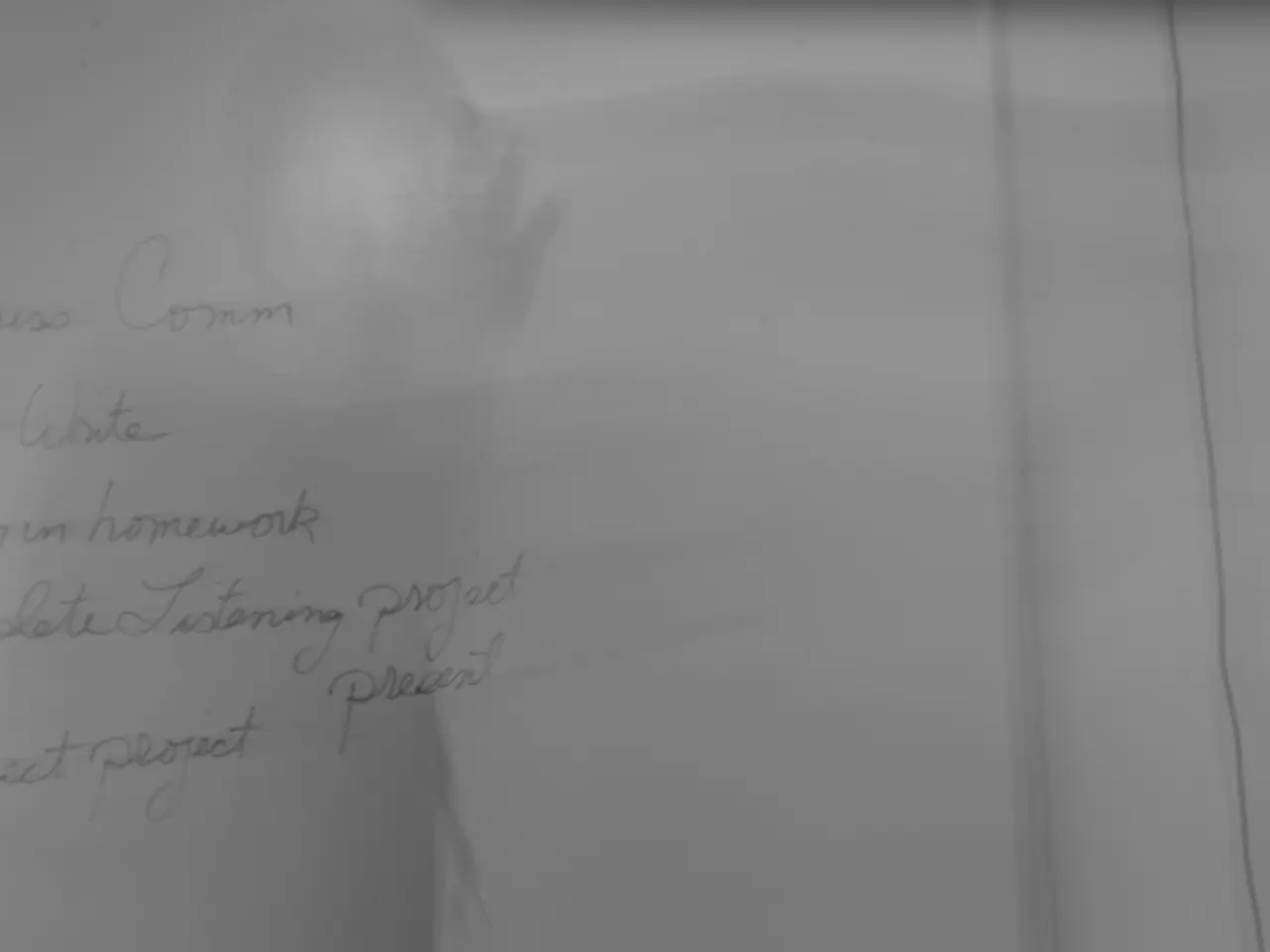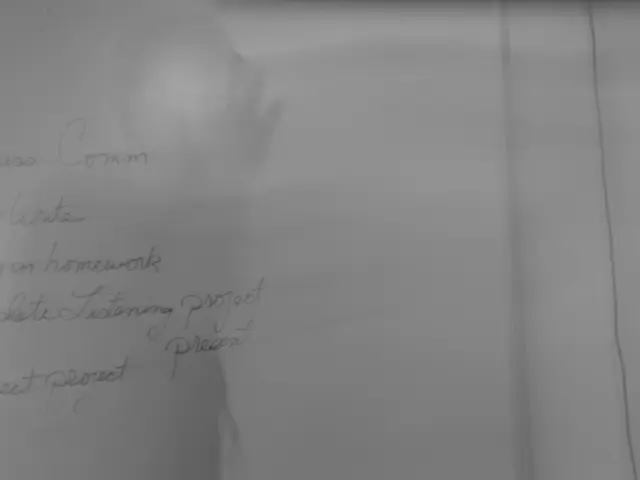Businesses coping with AML restrictions due to sanctions imposed on Cuba
In April 2011, during the Cuban Communist Party Congress, the Cuban government accepted a plan to impose wide-ranging economic changes, including the sale of real estate, cellphones, and electronic appliances, as well as the permission of private ownership [1]. This marked a significant shift in the island nation's economic policy.
Since then, other developments have taken place. U.S. dollar monetary instruments can now be processed by U.S. banks for Cuban financial institutions, trade of Cuban-origin mobile applications and software is accepted, and Cuban citizens can open US bank accounts to receive payments in the United States [2]. Simplified import of some goods to Cuba has also occurred.
However, these changes have been met with challenges. Cuba's international position in the AML risk rating has deteriorated due to black market activity, lack of economic and individual freedom, government control over the banking sector, and private businesses [3]. This has led to Cuba being placed on the U.S. State Sponsor of Terrorism list, and the revival of the Cuba Restricted List that prohibits financial transactions with certain Cuban entities [4].
Under the Trump administration, these sanctions and restrictions have been reinstated or reinforced. Travel limits have been tightened, remittances by Cuban Americans are restricted, and visa opportunities for Cubans are more limited [5]. These measures have contributed to significant hardships inside Cuba, intensifying shortages and worsening economic conditions.
Yet, there is emerging debate about a potential policy reset. Recent commentary from some U.S. conservatives and Cuban American figures has signaled skepticism about the effectiveness of sanctions, with calls to reconsider the embargo policy [6]. This has reportedly prompted internal discussions within the Trump administration about evaluating the embargo and possibly easing some sanctions, although this idea faces pushback from influential policymakers [3].
Cuba, despite being under sanctions for a long time, is an attractive region for investment due to its sustainable development [7]. Some advocates call for normalization of relations, removal of the embargo, and restoration of remittance flows to alleviate hardship and foster gradual change on the island [4].
In summary, as of mid-2025, U.S. policy currently remains broadly hardline with maintained or increased sanctions under Trump’s approach, yet there is emerging debate and some consideration of a policy reset toward pragmatic engagement to better serve U.S. interests and address Cuba’s dire economic situation. Any shift toward easing sanctions appears tentative and faces political resistance.
Key contextual points include:
- Cuba is undergoing a severe economic crisis caused by internal mismanagement, the COVID-19 pandemic, and U.S. sanctions, leading to shortages and a brain drain [1][2].
- The Trump administration’s approach is justified by framing sanctions as protecting U.S. interests such as migration control and countering influence from China and Russia in the region, even as it acknowledges engagement could be beneficial if Cuban governance changed [1].
- Some advocates call for normalization of relations, removal of the embargo, and restoration of remittance flows to alleviate hardship and foster gradual change on the island, opposing the continuation of the blockade and travel bans [4].
Thus, the current change in U.S.-Cuba relations is characterized by reinforced sanctions coupled with nascent discussion about potential moderation, with significant political and strategic complexities shaping the prospects for major reforms in U.S. policy.
References:
[1] "Cuba's Economic Crisis: Causes and Consequences." Council on Foreign Relations, 2021, https://www.cfr.org/report/cubas-economic-crisis-causes-and-consequences.
[2] "Cuba's Economic Crisis: A Brain Drain and the Struggle for Survival." The Guardian, 2021, https://www.theguardian.com/world/2021/mar/08/cubas-economic-crisis-a-brain-drain-and-the-struggle-for-survival.
[3] "Trump Administration Considers Easing Sanctions on Cuba." The Washington Post, 2020, https://www.washingtonpost.com/politics/trump-administration-considers-easing-sanctions-on-cuba/2020/12/15/21293b76-f22e-11ea-9e5a-30b46c74d915_story.html.
[4] "Cuba Sanctions: A Historical Overview and Current Debate." Council on Foreign Relations, 2021, https://www.cfr.org/backgrounder/cuba-sanctions-historical-overview-and-current-debate.
[5] "Trump Administration Tightens Travel Restrictions on Cuba." NPR, 2019, https://www.npr.org/2019/06/05/730623464/trump-administration-tightens-travel-restrictions-on-cuba.
[6] "Tucker Carlson Criticizes Cuba Embargo." Fox News, 2020, https://www.foxnews.com/media/tucker-carlson-criticizes-cuba-embargo.
[7] "Cuba: An Attractive Region for Investment." Invest Cuba, 2021, https://www.investcuba.com/cuba-attractive-region-investment.
Developments in the financial sector have also taken place, with U.S. dollar monetary instruments now being processed by U.S. banks for Cuban financial institutions, and Cuban citizens allowed to open US bank accounts to receive payments in the United States.
Despite the easing of some financial restrictions, Cuba's international position in the AML risk rating has deteriorated due to black market activity, lack of economic and individual freedom, government control over the banking sector, and private businesses, leading to Cuba being placed on the U.S. State Sponsor of Terrorism list and revival of the Cuba Restricted List prohibiting financial transactions with certain Cuban entities.




